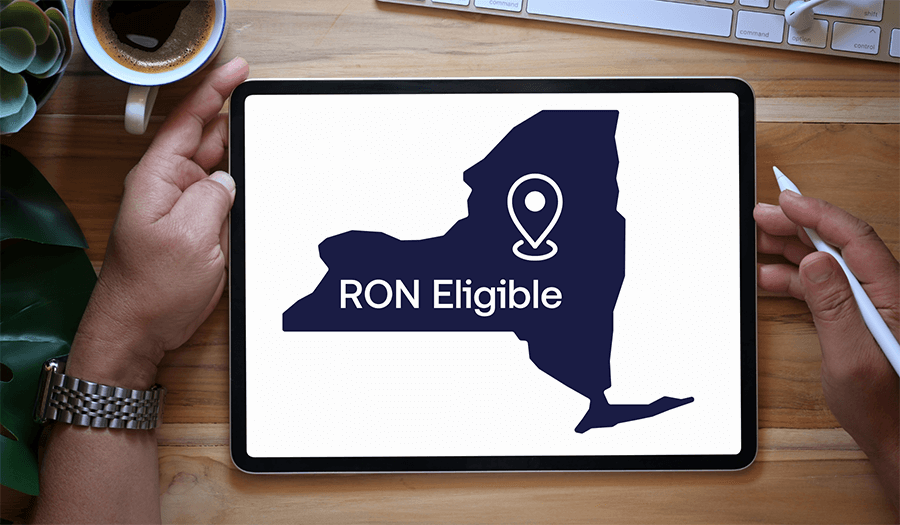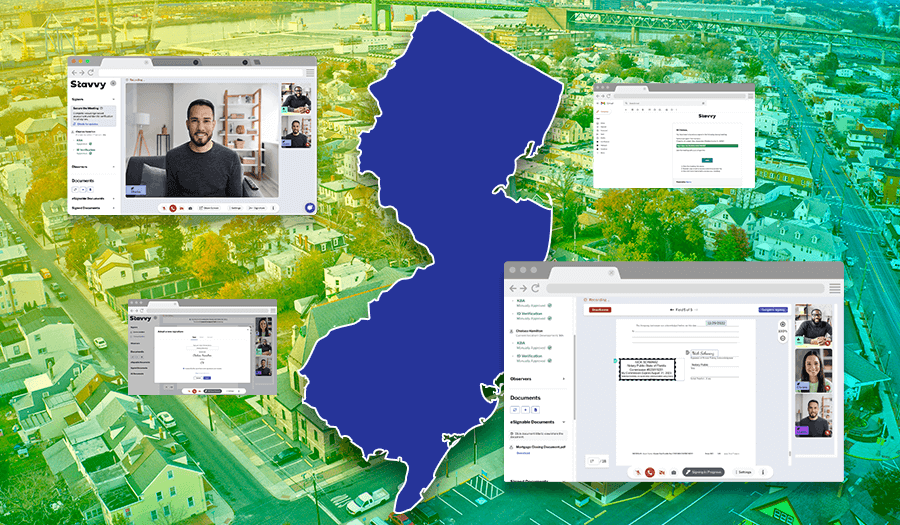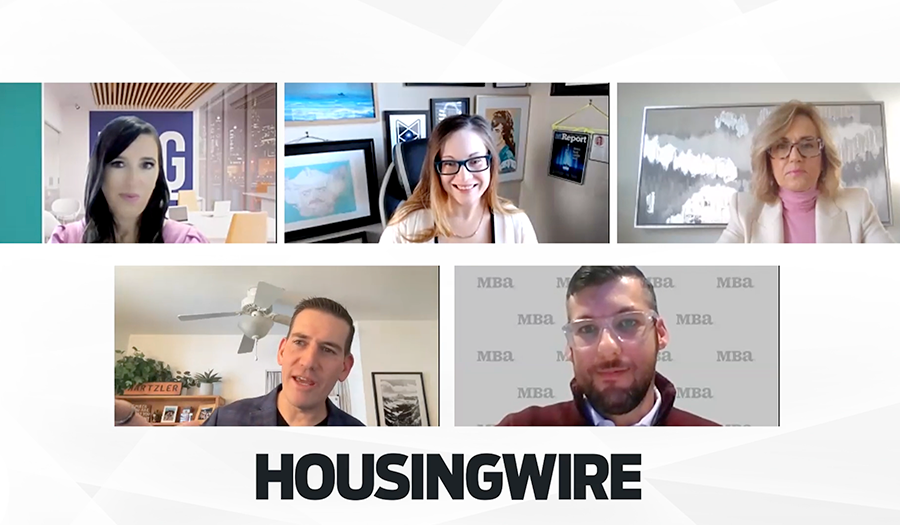Best RON Platforms for eClosing
Compare the best RON platforms for title and settlement companies and...

Compare the best RON platforms for title and settlement companies and...
March 12, 2024

Remote online notarization (RON) is legal for real estate...
March 08, 2024

Delaware remote online notarization is closer to becoming permanent....
March 07, 2024

Save time, enhance security, and cut costs with RON software. Learn...
February 13, 2024

Interested in performing remote notarizations in New Jersey? Here’s...
January 03, 2024

Online notarization is now available for real estate transactions in...
January 02, 2024

Learn what questions to ask during your next RON platform demo so...
December 05, 2023

Angel Hernandez and Kosta Ligris discuss remote online notarization,...
December 01, 2023

Learn the top 5 things mortgage servicing leaders should continue to...
November 16, 2023